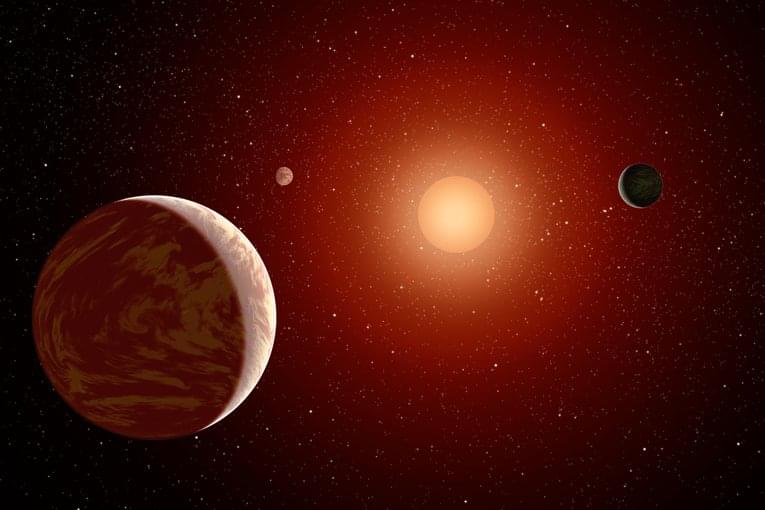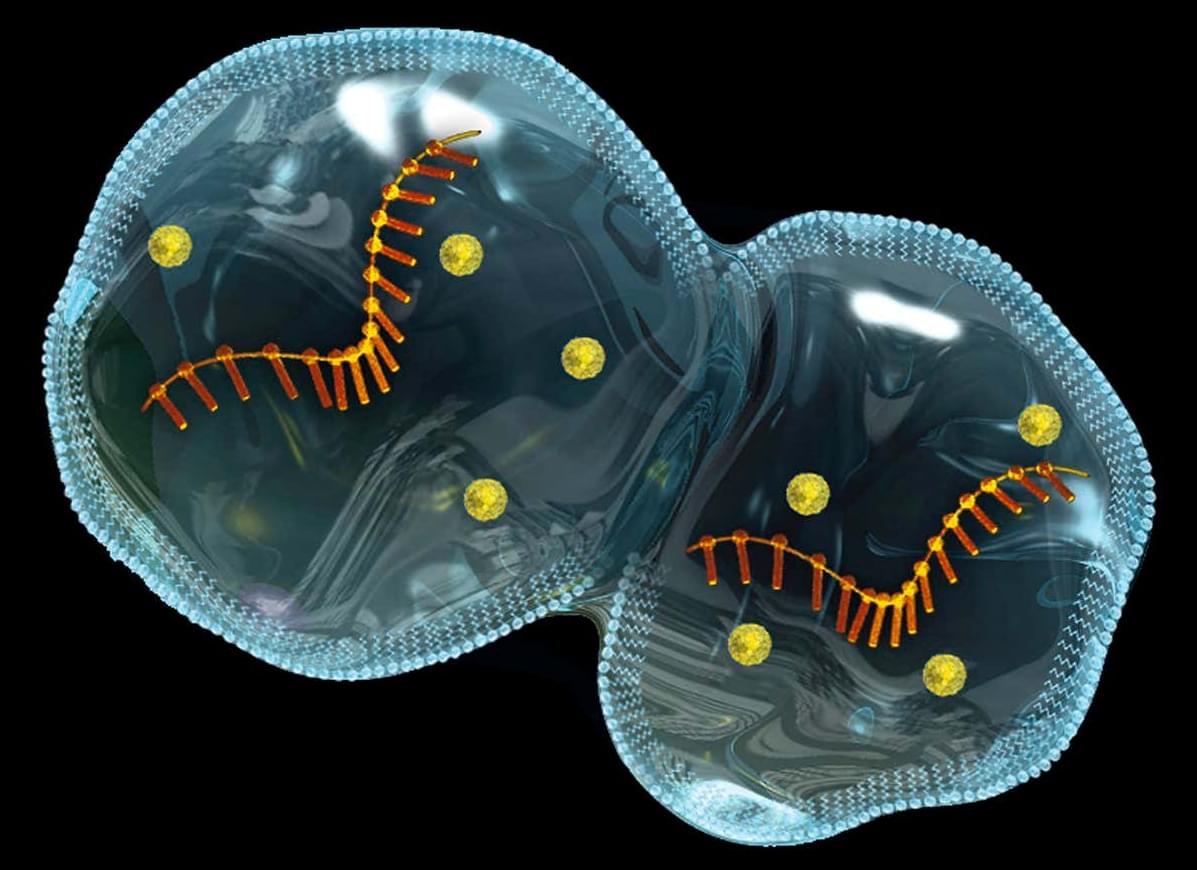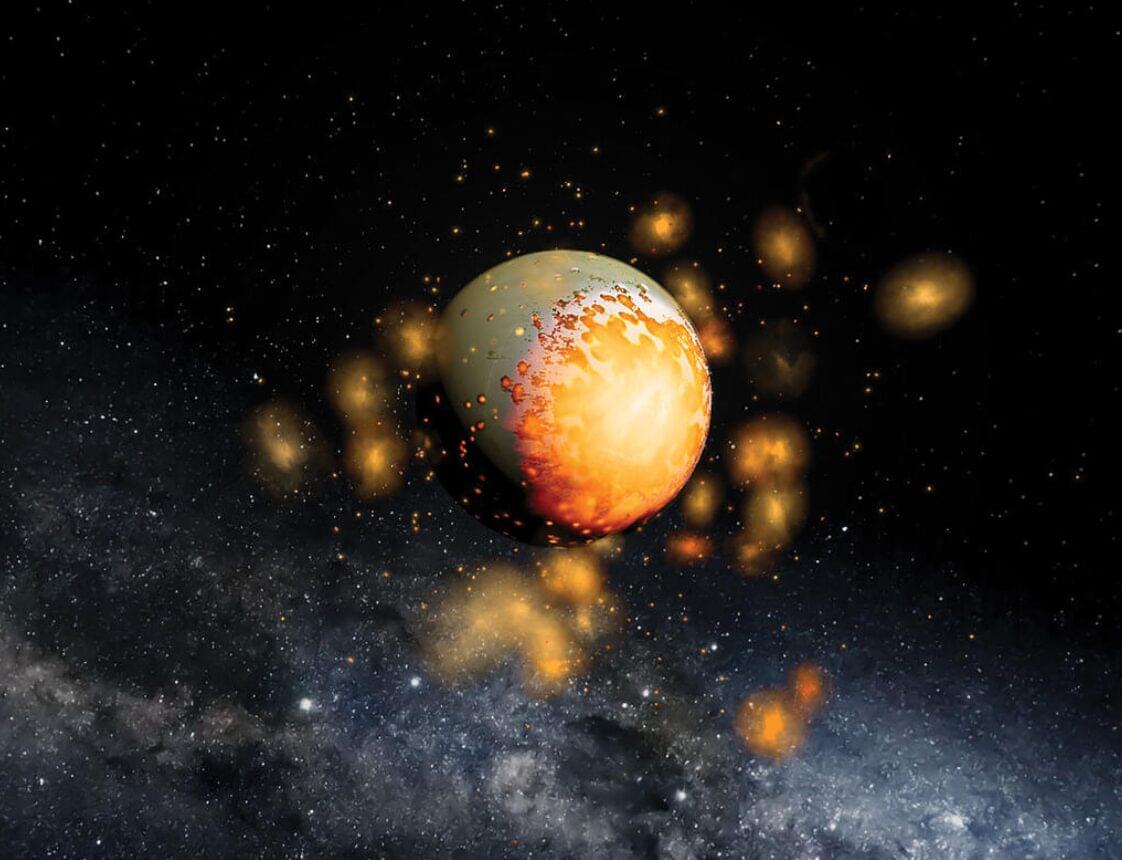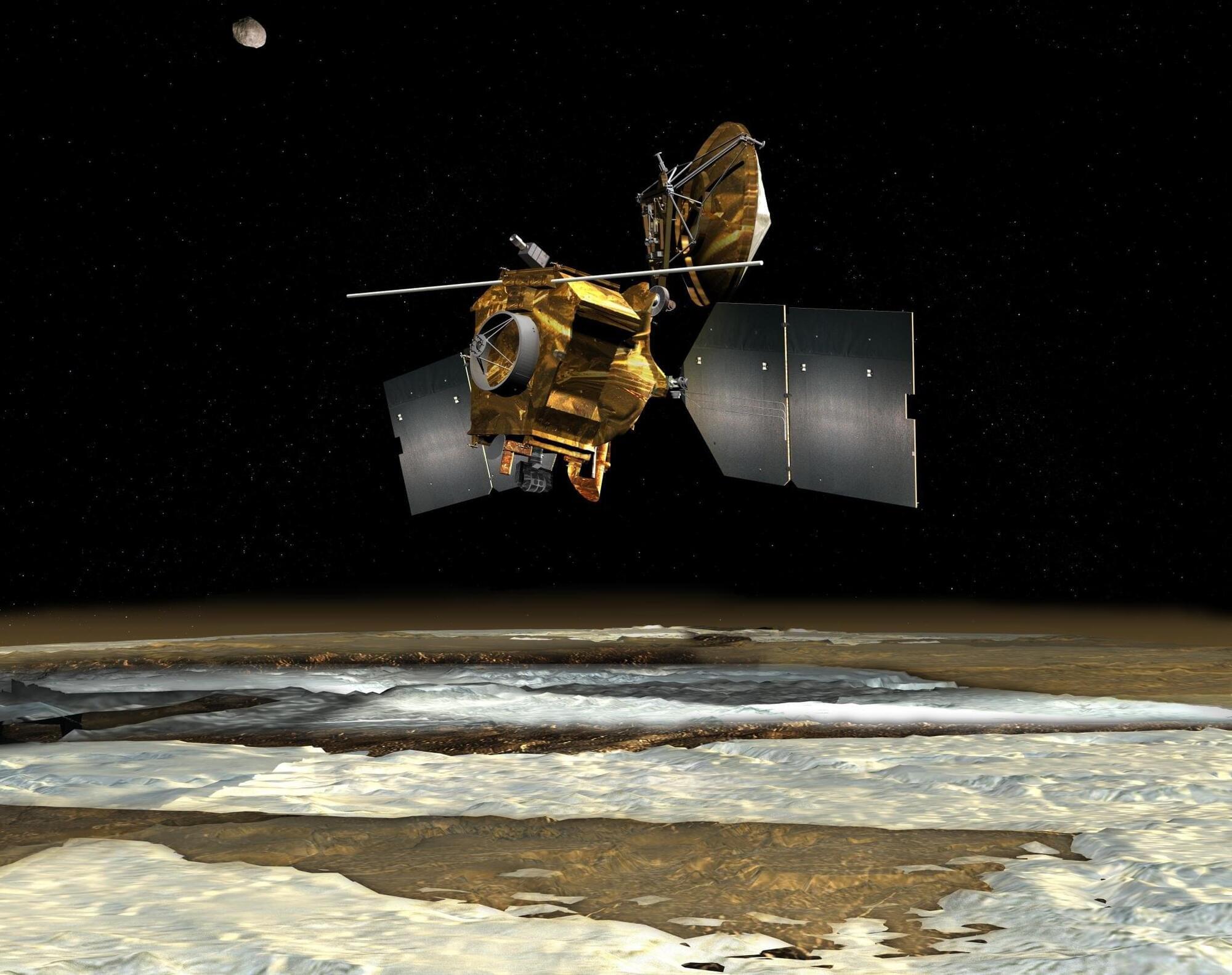What minerals within the grain samples from asteroid Ryugu that returned to Earth can teach scientists about this intriguing asteroid and the rest of the s | Space





Southwest Research Institute has collaborated with Yale University to summarize the scientific community’s notable progress in advancing the understanding of the formation and evolution of the inner rocky planets, the so-called terrestrial planets. Their paper focuses on late accretion’s role in the long-term evolution of terrestrial planets, including their distinct geophysical and chemical properties as well as their potential habitability.
The Review paper is published in the journal Nature.
Solar systems form when clouds of gas and dust begin to coalesce. Gravity pulls these elements together, forming a central star, like our sun, surrounded by a flattened disk of consolidating materials. Our terrestrial planets—Mercury, Venus, Earth and Mars—formed as smaller rocky objects accumulated, or accreted, into larger planetesimals and eventually protoplanets, when late impacts made critical contributions. Earth was probably the last terrestrial planet to form, reaching about 99% of its final mass within about 60–100 million years after the first solids began to consolidate.

Using the Australia Telescope Compact Array (ATCA), astronomers have performed large-scale radio observations of a star-forming region known as the Chamaeleon cloud complex. The observational campaign, which detected five young stars in Chamaeleon, may shed more light on the properties of this complex. The findings were detailed in a paper published June 19 on the arXiv pre-print server.

A tiny grain from asteroid Ryugu has revealed djerfisherite, a mineral that normally forms in scorching, oxygen-poor settings—conditions Ryugu was never thought to experience.
The surprise find hints that the asteroid either endured unexpected heat spikes or captured exotic material transported across the early Solar System. Microscopy and chemical clues now challenge the idea that Ryugu is compositionally uniform and point to a far more chaotic mixing of planetary building blocks. Scientists are turning to isotopic “fingerprints” to trace the grain’s true origin and decode how primitive asteroids really formed.
Hayabusa2 brings ryugu samples & surprising mineral clues.


Clocks might be far more fundamental to physics than we ever realized.
A new theory suggests what we see around us – from the smallest of quantum actions to the cosmic crawl of entire galaxies – could all be literally a matter of time. Three dimensions of time, in fact.
The basic idea of 3D time isn’t new. But University of Alaska geophysicist Gunther Kletetschka says his mathematical framework is the first to reproduce known properties of the Universe, making it a somewhat serious contender for uniting physics under one consistent model.


After nearly 20 years of operations, NASA’s Mars Reconnaissance Orbiter (MRO) is on a roll, performing a new maneuver to squeeze even more science out of the busy spacecraft as it circles the Red Planet. Engineers have essentially taught the probe to roll over so that it’s nearly upside down. Doing so enables MRO to look deeper underground as it searches for liquid and frozen water, among other things.
The new capability is detailed in a paper recently published in The Planetary Science Journal documenting three “very large rolls,” as the mission calls them, that were performed between 2023 and 2024.
“Not only can you teach an old spacecraft new tricks, you can open up entirely new regions of the subsurface to explore by doing so,” said one of the paper’s authors, Gareth Morgan of the Planetary Science Institute in Tucson, Arizona.